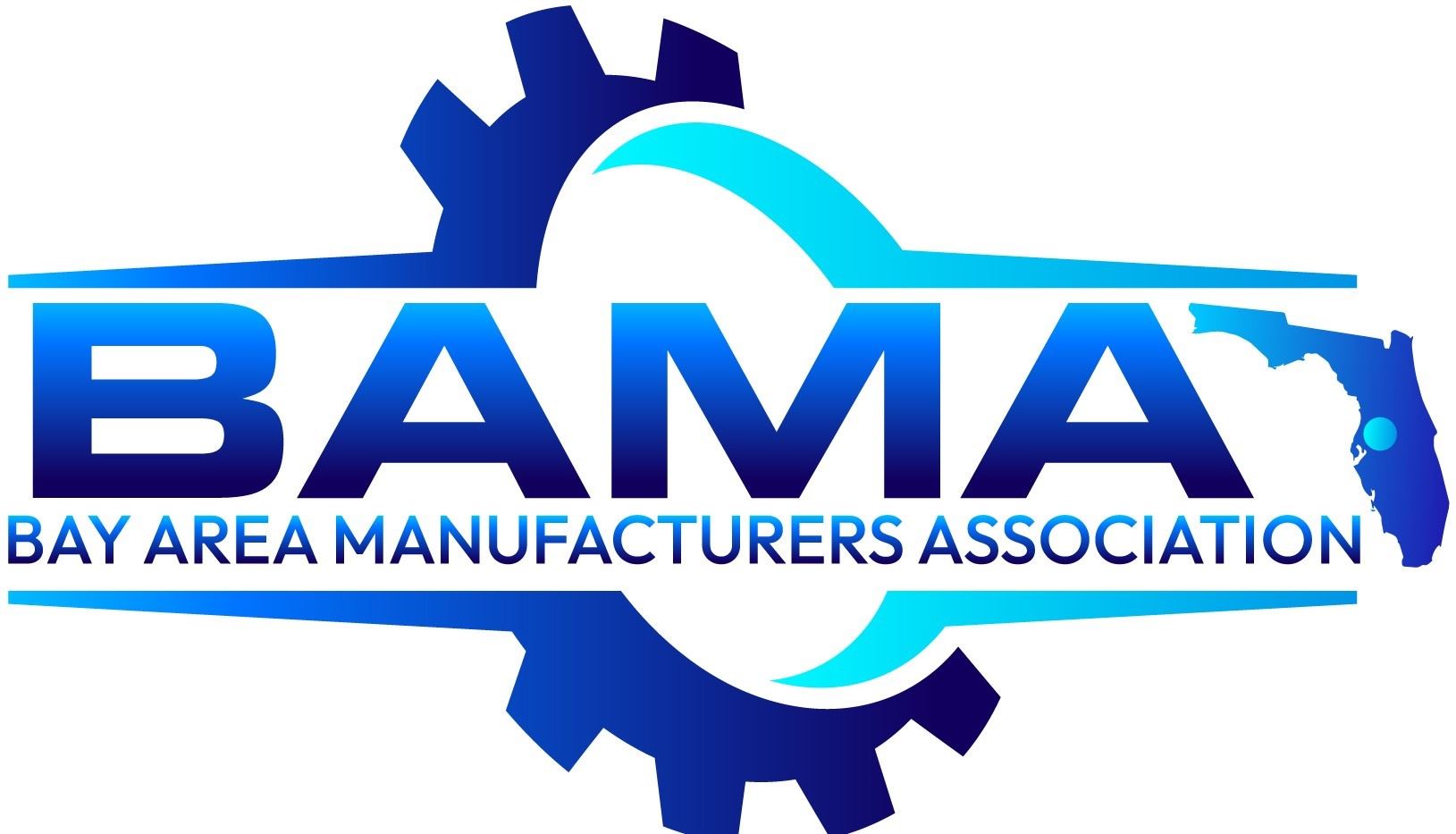Florida Manufacturing & Supply Chain Advocacy Council 2025 Advocacy Agenda |
|
The Florida Manufacturing & Supply Chain Advocacy Council is a coalition of manufacturing champions from across the state of Florida united to elevate the issues that are most important to their manufacturing stakeholders. Its members collaborate to identify the advocacy agenda below and support the most pressing issues for the industry. |
1. Chief Manufacturing Officer Institutionalize the Chief Manufacturing Officer position in Florida statute. This role will be pivotal in launching a statewide “Made in Florida Campaign” to promote in-state production and purchasing. This initiative is crucial for improving supply chain resilience by strengthening infrastructure and manufacturing capabilities. Additionally, this position will focus on addressing regulatory barriers that manufacturers face, particularly during disaster recovery. Food processing and agriculture sectors are also priority because they are critical for the state’s health, economic vitality, and resilience. By boosting local production and addressing these issues, Florida can ensure a higher standard of living for its residents. 2. Tax Relief and Incentives for Manufacturers Advocate for tax policies that benefit Florida’s manufacturing sector by including these items in the annual tax bill:
2025 Advocacy Platform: The Florida Manufacturing & Supply Chain Advocacy Council champions the following key issues to strengthen the manufacturing sector across Florida. 1. Talent Development and Retention – Fostering a pipeline of skilled workers is essential to the future of manufacturing in Florida. The Council supports initiatives that improve early engagement, upskilling, and removing barriers to talent attraction and retention.
2. Florida’s Competitive Edge – The Council supports policies that position Florida as a leader in the manufacturing industry by leveraging tax incentives and promoting in- state production.
3. Industry Modernization – The Council supports innovation and modernization, which is vital for keeping Florida’s manufacturers globally competitive.
|


